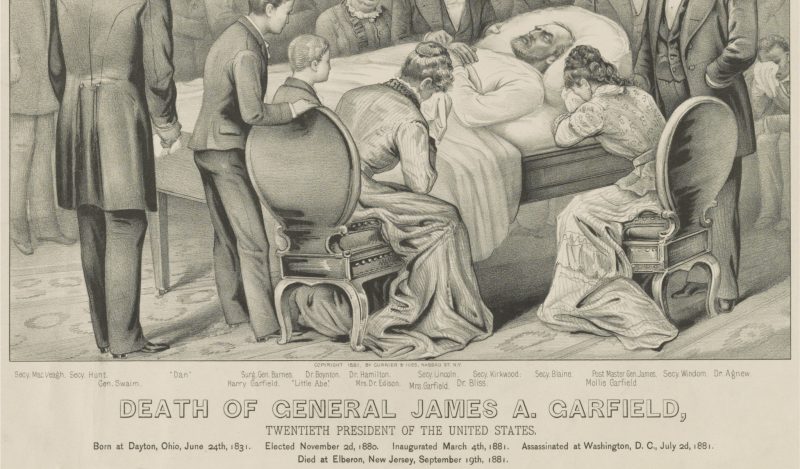This list is from
Comprehensive Grammar: World Talk--Dancing With English by
Dennis Le Boeuf and Liming Jing. See their list for more details and examples.
afraid
ofangry
with a person for doing something
angry
at or
about something
apologize
to somebody
for something
apply
for a position
argue
about something
arrive
at or
inbad
atbecause
ofcompare
to (two unlike things)
compare
with (two like things)
congratulate/congratulations
on something
convenient
for (suitable)
convenient
to (near at hand)
depend/dependent
ondifferent
from/than (
From is preferred;
than is acceptable in informal English)
disappointed
with somebody
disappointed
with/at/about something
discuss something (no preposition)
discussion
about
divide
into
dream
of (think of, imagine)
dream
about/of (while asleep)
dressed
indrive
into
enter a place (no preposition)
enter
into an agreement, a dialog, a discussion, etc.
example
of
explain something
to somebody
get
in/into (or get
out of) a car, taxi, or small boat
get
on/onto (or get
off)
a train, plane, bus, ship, bike
good
at
impressed
with/by
increase
in activity, output, etc.
independent/independence
from (freedom from control by another country or organization)
independent
of (able to make decisions and live your life free from the control or influence of
instead
of + noun/adverb/adjective (in place of)
interest/interested
in kind
tolack
oflack (v.) (no preposition)
be lacking
inlaugh
atlaugh
about
listen
to
look
at (point one's eyes at)
look
after (=take care of)
look
for (=try to find)
marriage
to; get/be married
to
marry somebody (no preposition)
nice
to
operate
on a patient
pleased
with somebody
pleased
with/about something
polite
to
prevent . . .
from + -ing form
proof
of
reason forremind someone
of
remind someone
about
responsible
for (doing) something
responsible
to somebody (= answerable)
rude
to
search (no preposition) (= look through; look everywhere in/on)
search
for (= look for)
shocked
at/byshout
at (aggressive)
shout
to (= call to)
smile
at
sorry
about something that has happened
sorry
about/for something that one has done
sorry
for a person
speak
to/with (talk to someone about something)
suffer
from
surprised
at/by
take part
in
(be) thinking
of (You have a plan, but you're not sure about it; you are thinking of
doing it)
(be) thinking
about (If you are thinking about something, it is happening in your mind at this
moment.)
[Think of and Think about are phrasal verbs]
the thought
of
throw . . .
at (aggressive)
throw . . .
to (in a game, etc.)
translate
into
typical
ofwait
for somebody/something
wrong
with


